Ezzy Pearson
William Collins
2020 | 288pp | £20
ISBN 9780750990899
Buy this book on Amazon.co.uk
Buy this book on Bookshop.org
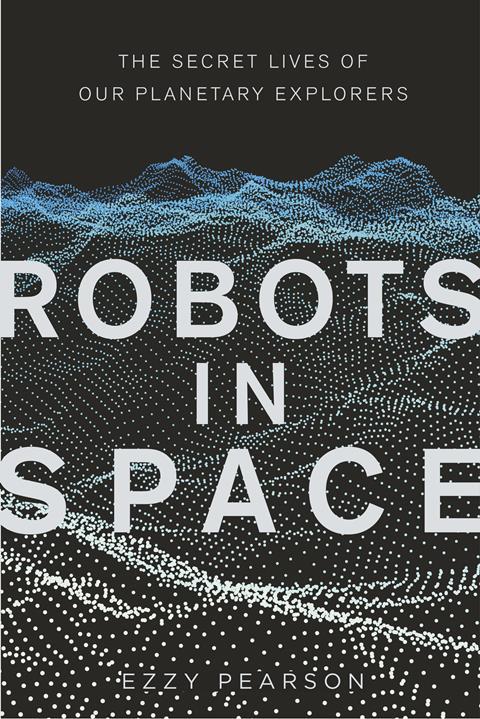
I remember being pulled from my bed early one morning in 1986 so that I could see Halley’s Comet flying past. I have watched the news eagerly in anticipation for the Mars rovers sending back their first images of the red planet. More recently, I sat in awe at the mind-boggling accomplishment of the Rosetta mission landing the small rover Philae on an asteroid travelling through space at 135,000km/hr. I find the discoveries and accomplishments of space exploration utterly brilliant.
Robots in Space by Ezzy Pearson is a wonderful read about the history of space exploration from a robotics point of view. It covers the space race to the moon, visits to the inner planets and our first steps into the outer solar system.
As well as having a PhD in astrophysics, Pearson is also a space journalist – this really shows in her style of writing. As well as understanding the science behind the missions, she also knows how to tell a good story. Something that I find is not always the case with non-fiction authors.
The book itself is broken into sections based on destination: the moon, Venus, Mars and others (asteroids, comets and icy moons), and charts the various orbiters, landers and rovers that have been sent there. There is quite a lot of technical and scientific information on what each mission hoped to accomplish, but the book avoids being overly complicated.
One of the best bits is the section of glossy colour photos in the middle. It was great to see what these machines actually look like. It also contains some of the amazing photos sent back from these other worlds.
The book does not shy away from talking about failures as well as successes. I never realised how much can go wrong before a mission is finally successful – nor quite how many robots we have sent to our nearest planets. It must be heartbreaking to work on a mission for years, only for something to go wrong in the last seven minutes, though this is exactly what happens sometimes. But we continue to explore. Nasa has just landed a new rover on Mars, aptly named Perseverance. Those that study the far reaches of space certainly need a lot of it.
I really enjoyed Robots in Space and found myself having trouble putting it down. I believe anyone with an interest in space will find this an enjoyable read.

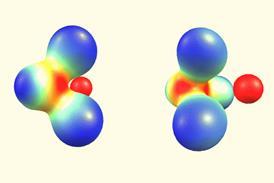

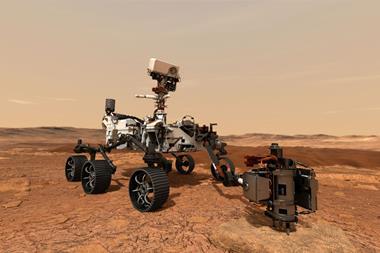
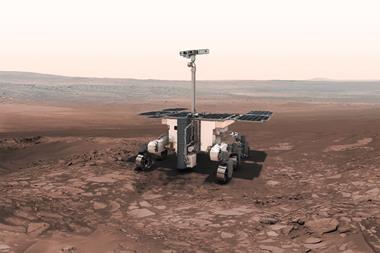
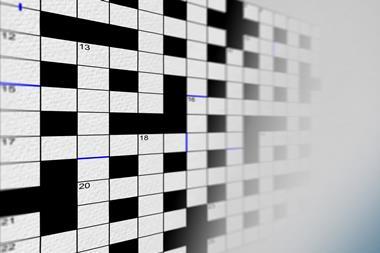
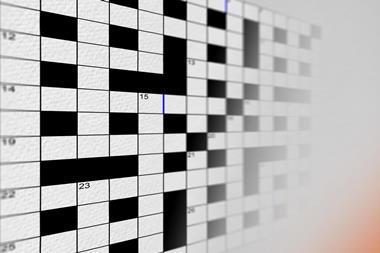
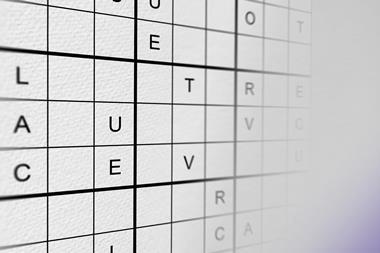







No comments yet